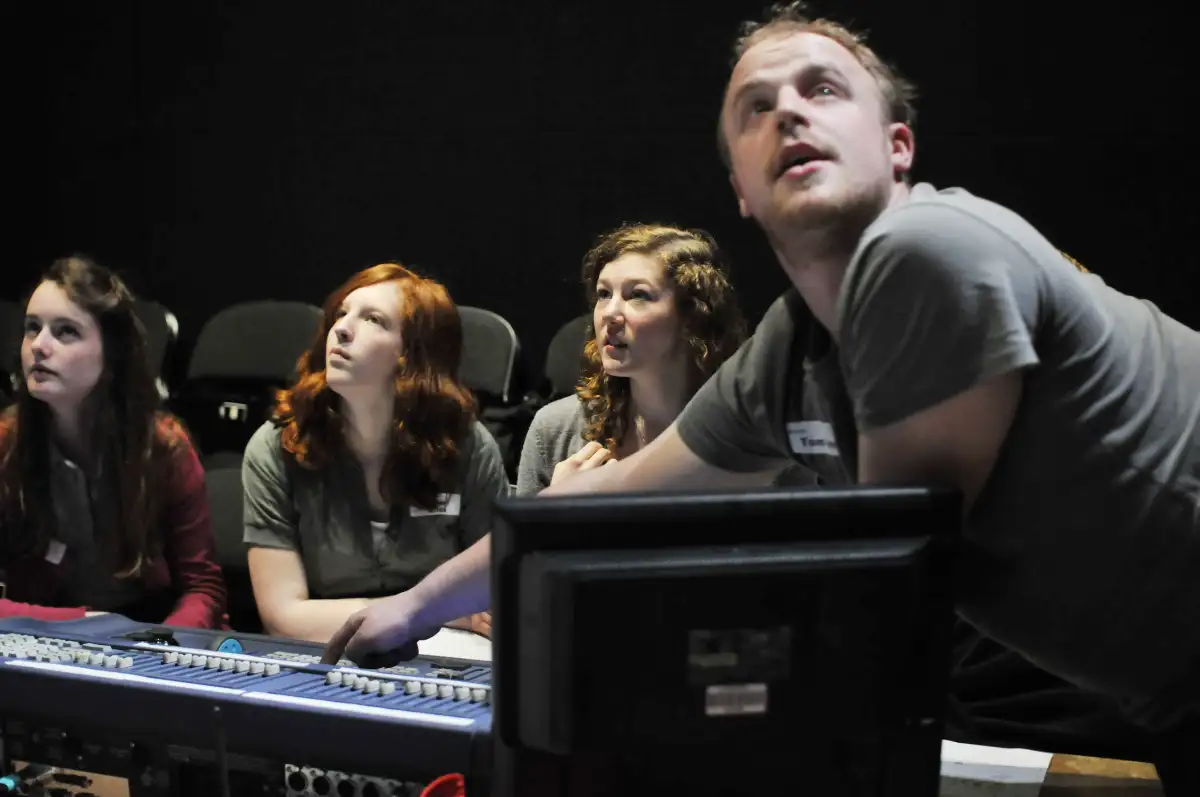Across England, a whole new cohort of teacher trainees are embarking on their first steps to joining the profession. We’re excited for these trainees and wish them all the best with their journey ahead. But looking at our Initial Teacher Training (ITT) system in the round, we believe there is much to be concerned about.
In this blog we discuss:
- The current levels of ITT recruitment for arts subjects
- How the government’s ITT provider re-accreditation process may affect arts subjects
- Recommendations for how the government can improve the supply of new arts subject trainees
Arts ITT uptake for the 2023/2024 academic year
Every year the government models and sets out its own ITT recruitment targets for the forthcoming academic year. This is based on calculations of the number of teachers required to meet statutory requirements and demand in subjects at secondary level, the number of young people in the country of different ages and the retention rate of the teaching profession as it stands.
For the last decade the government has systematically missed its own recruitment targets. In some secondary subjects, such as Music, it has typically missed this figure by as much as 70%. For the 2023/2024 academic year, the government has recruited:
- 33% of the Music trainees required to meet its target (missing its target by 67%)
- 28% of the Design and Technology trainees required to meet its target (missing its target by 72%)
- 53% of the Arts & Design trainees required to meet its target (missing its target by 47%)
- 83% of the Drama trainees required to meet its target (missing its target by 17%)
Despite a slight uptick during the pandemic, it is worth noting that these striking figures are in line with patterns of ITT recruitment to arts subjects over the last ten years. It is therefore even more striking that the government has not initiated any investment or strategy to improve this recruitment. For context, the subject of Computing has a devoted government bursary for recruitment despite the fact it is closer to meeting its recruitment target than Music.
ITT provider re-accreditation – what impact might it have on arts teacher supply?
In January 2021 the Department for Education (DfE) announced a review of the initial teacher training (ITT) market. The group reported back in July 2022, recommending that all ITT providers be required to re-accredit their provision against new standards. The government accepted this recommendation and ITT providers have spent the past year applying (and reapplying) for re-accreditation.
In the first two rounds of awards, the government revealed that only 179 out of 240 ITT providers had received accreditation. Several high profile providers missed out on reaccreditation, including the University of Durham. The Education Policy Institute has estimated that the loss of 61 ITT providers could mean 4,000 fewer teacher training places. Additionally, their analysis suggests a risk of teacher training ‘cold spots’ emerging where ITT is inaccessible to an individual unless they make a significant move to another area.
Experts from across the board have also criticised the government’s ITT re-accreditation process as a “huge distraction” from solving the fundamental issues facing teacher training and supply. Furthermore, Professor Becky Allen draws on survey data to observe that de-accreditation of university pathways cuts off the route whereby a third of teacher trainees enrol in training – by ‘stumbling into’ it because they are not sure what else to do.
Recommendations for improving Arts ITT recruitment
- Improving access to arts subjects at Level 2 and Level 3 – As we reported last month, the historical data shows that uptake of arts subjects at Level 2 (GCSEs and similar) and Level 3 (A-Levels and similar) qualifications has been falling dramatically for a decade. Among the many negative impacts of this fall is that it disrupts the skills pipeline for the expressive arts workforce. Teaching is a major part of that workforce, and it is likely that a lack of arts qualifications for school leavers is reducing the number of those leavers who can enrol in ITT courses for arts subjects. As such, providing the resourcing for more expressive arts teachers at Level 2 and 3 and the accountability framework to support improved uptake is vital for supporting ITT arts supply.
- Introducing trainee bursaries in arts subjects – The evidence is similarly clear that bursaries improve the recruitment of new teachers. At present the government offers a bursary of £20,000 to train to teach in Biology or up to £27,000 to train to teach in Chemistry. No bursaries are offered for any arts subjects. This is despite the fact that Music is much farther away from meeting its ITT recruitment targets. As such, the government needs to direct its resource for bursaries towards subjects that are most in need.
- Making it easier to try teaching – A surprising number of teachers ‘stumbled’ into the profession through working in a school or otherwise working with young people and getting hooked. As such, commentators have argued for the need to create more of these opportunities for prospective teachers to ‘fall into’ the profession through trying out working with young people. For arts subjects, this could be achieved through ‘teacher taster’ days offered to creative arts students in Higher Education, or those delivering cultural learning outside of a school setting.




